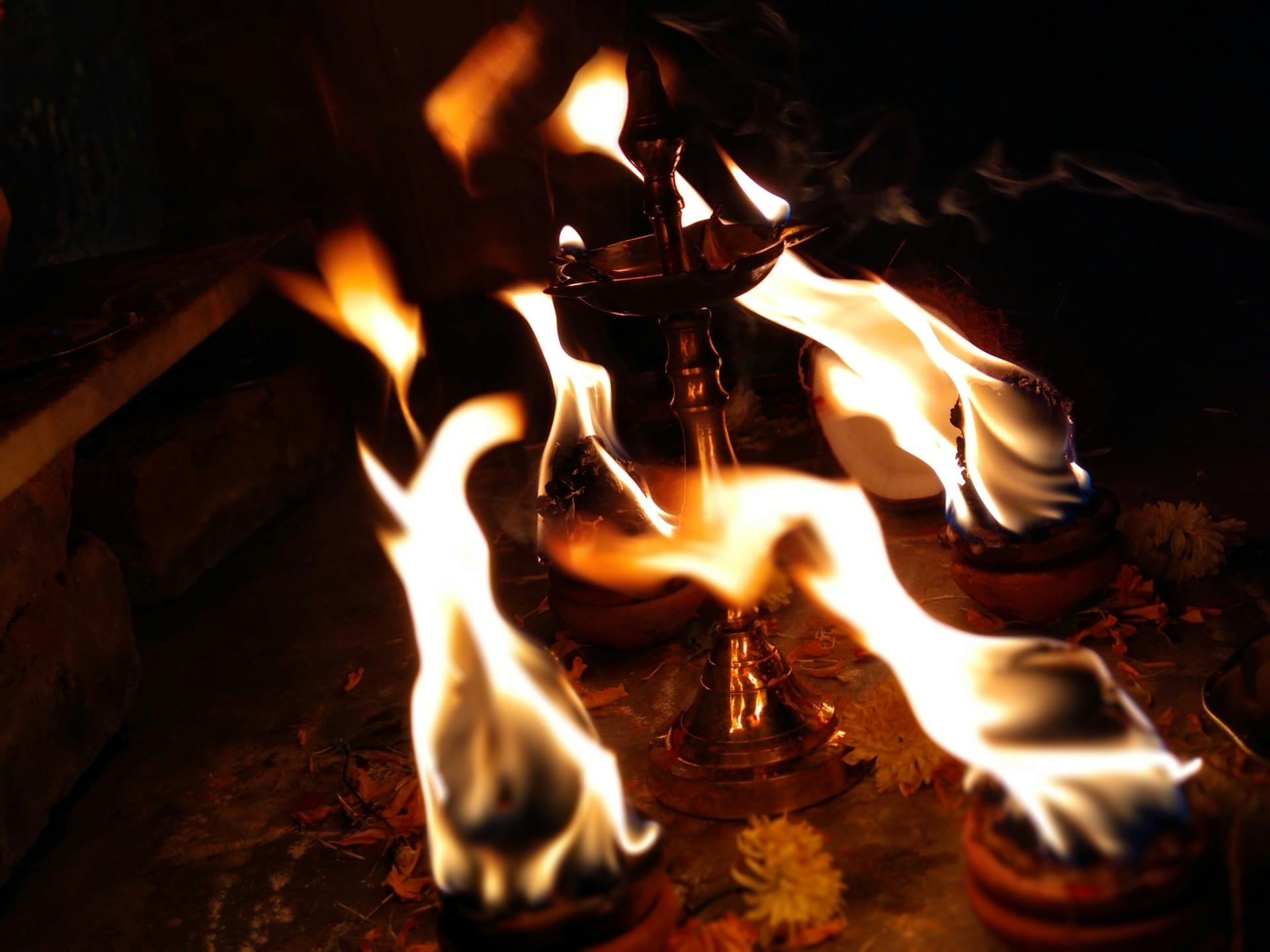The Importance of ancestral blessings

We are indebted to our parents for giving us our physical body. It is said that all newborns wear an invisible garland of karma from their past lives. This karma may be good karma or bad karma.
In Indian culture there are fixed days for festivals. They are mostly determined by the lunar calendar. There are fifteen days of Shraadh or Pitr-paksh dedicated to our deceased forefathers. In 2024, Pitr-paksh starts on 17 September, which is the Poornima of Shuklapaksh in Bhadrapad maas followed by Pratipada (first day) of Krishnpaksh in Ashwin maas as the first Shraadh; the last one being on Amavasya, Oct 2. Pitr-paksh is a time to express gratitude and pay obeisance to ancestors who may be in the higher realms or may have been reborn.
When we offer Naivedyam to God it is called Arpan. Offerings to ancestors are called Tarpan. The day in the lunar month when a person dies, is the day that determines the Shraadh day of the deceased, for all times to come. It is believed that the ancestors who have not been reborn and exist as Pitrs in Pitrlok visit the Earth and accept tarpan from their progeny during the Shraadh days. Shraadh tarpan is a way to express gratitude to our forefathers as well as repay the Pitri Rinn (parental debt).
One year on the Earth is equal to one day in Pitr-lok. Fifteen days of Shraadh on the Earth are equal to one hour for our Pitrs. This is like their meal time. The simplest and easiest Tarpan is to put some black til, milk, flower petals, kusha grass in a pitcher of water, and offer it to your forefathers, facing towards the South. If you can say their name and gotra that is great! The water should preferably fall near a Tulsi/Peepal plant or on the grass. We may also offer food to Brahmins and do Havan. Food may also be offered to cows, crows and dogs. For those who do not know the death dates of their ancestors; they can do Shraadh on the last Shraadh day or on Sarv-Pitri Amavasya.
If we are having a good life, then our ancestors would surely have done good karma and we are reaping the benefits thereof. If we are not having a peaceful life then it is believed that our ancestors are not at peace. In either case praying for them is a good practice. If our deceased ancestors are suffering because of any bad karma, our prayers can help them in their onwards journey and they in turn shall shower blessings on us.
Since Pitr-Paksha is dedicated to ancestors, certain things are not to be done in these days. These are performing weddings, mundan, buying new clothes and any other ceremonies that mark auspicious beginnings.
There is one thing that often crosses my mind. Those who do not respect their parents, grandparents and elders while they are alive; are seen doing Shraadh tarpan after the parents die. In the greed for property, children are sometimes disrespectful towards parents. I believe that those who value and respect their parents while they are alive, get their blessings in person. After the parents are dead, realisation dawns on them and they want to atone for their misbehaviour. They do Shraadh to pay homage to their ancestors. I don’t know if the ancestors forgive or bless them, but it would just be nicer to respect parents and be grateful to them while they are still alive. Shraadh is what you do with shraddha (devotion). Why should devotion manifest only after parents die?
We value the property, jewels etc. of our deceased ancestors. In offering homage, let’s value our siblings for they are the living memories of our parents. If we value them and keep cordial relations with them, that too shall make the departed souls happy.
This piece has been published in ht on 15.09.2024.
Please share your thoughts in the space below. I would be happy to read them 😊
